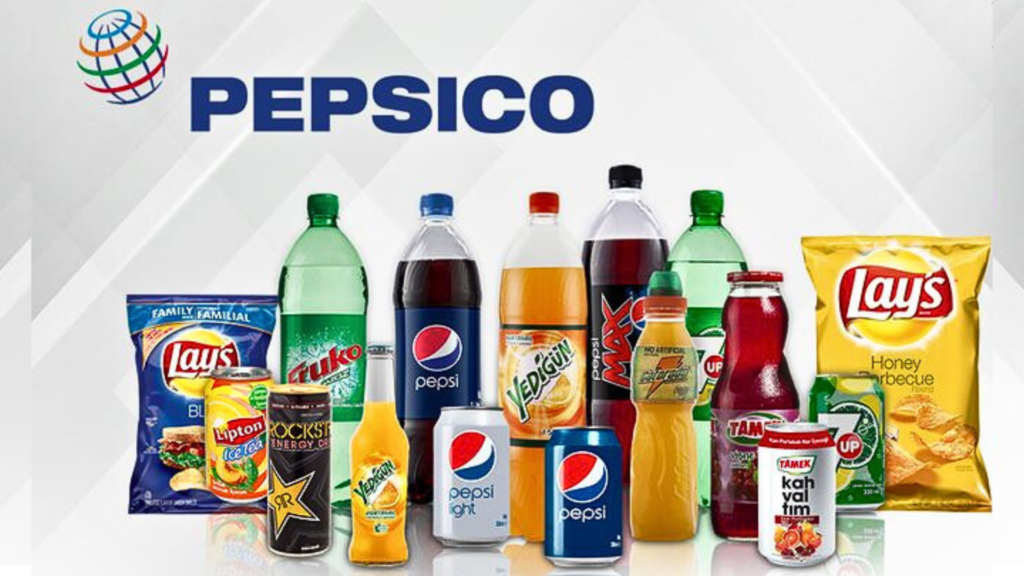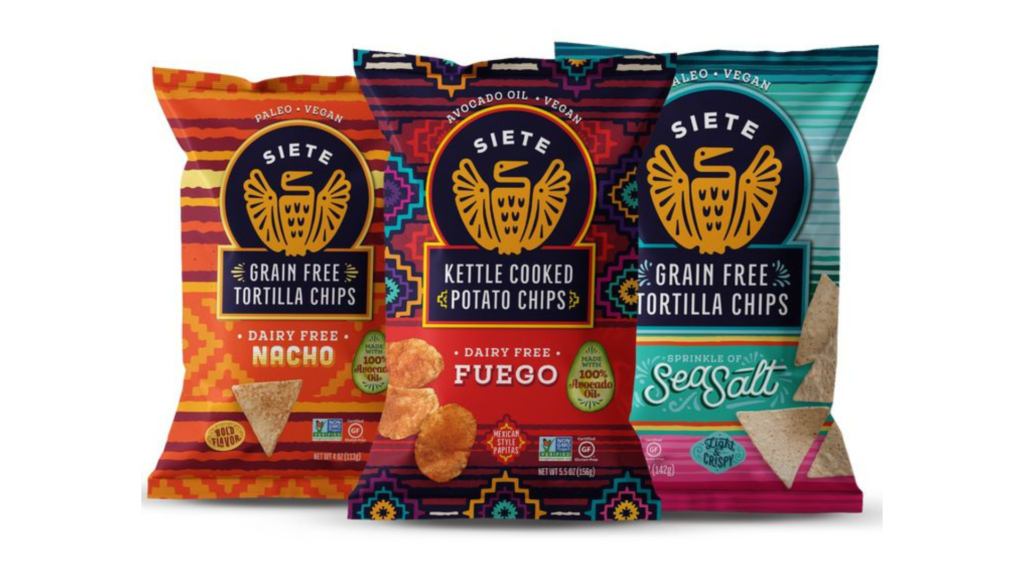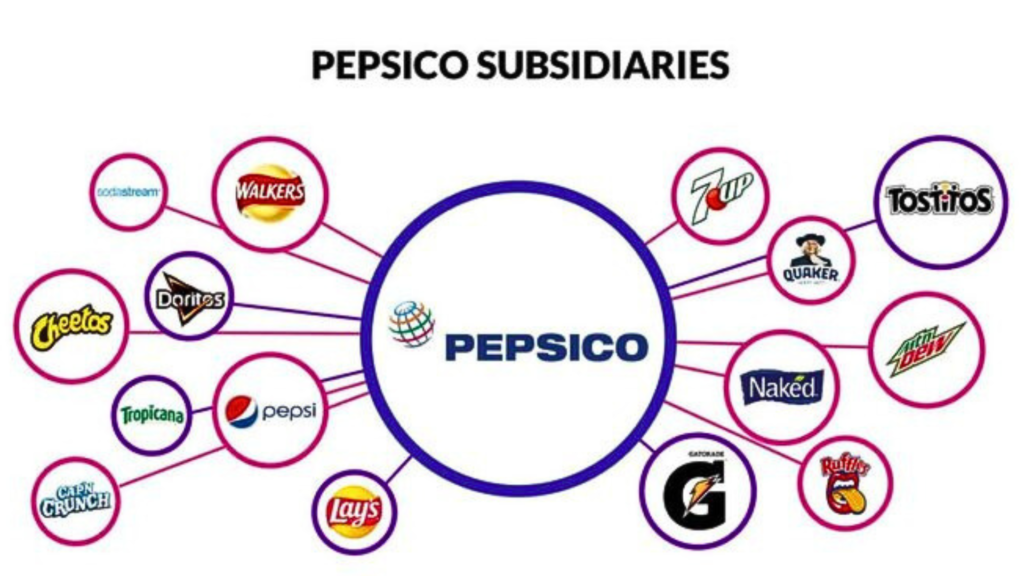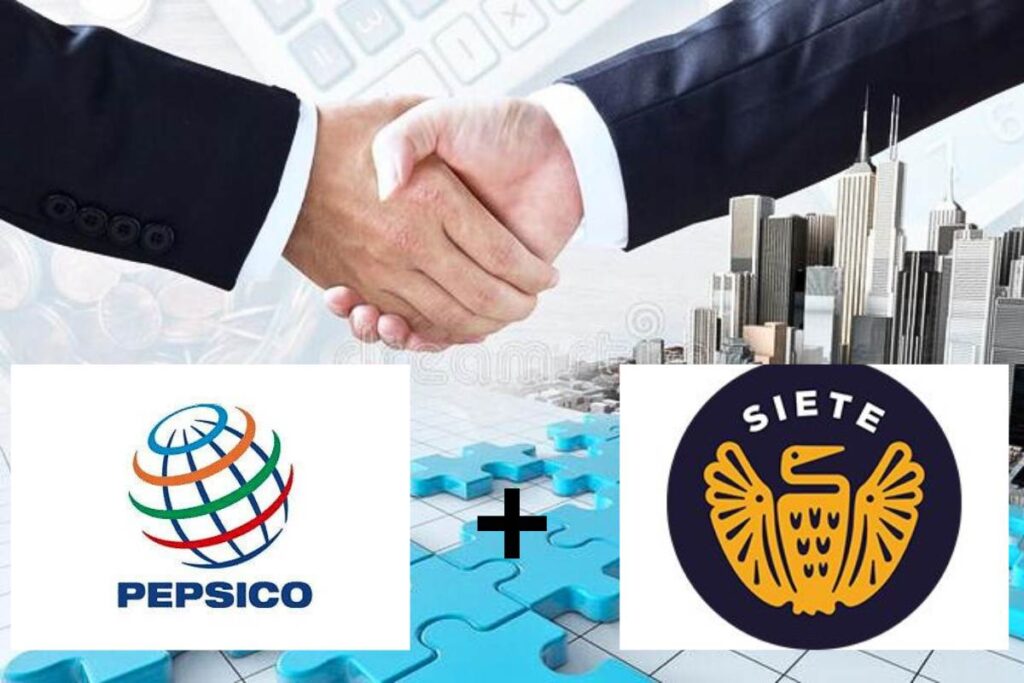It’s happening!
PepsiCo is acquiring Siete Foods, the maker of popular tortilla chips, for $1.2 billion. This news comes as PepsiCo tries to increase its presence in the health-conscious, multicultural food market. Siete Foods, known for its grain-free and gluten-free snacks, has made headlines in the natural foods industry, particularly in stores like Whole Foods, where its Whole Foods Siete Chips have gained a loyal customer base.
PepsiCo made this acquisition in a calculated move to expand its product line and meet the growing need for healthier snack options. With Siete Foods’ intense focus on health-conscious consumers and a commitment to inclusive foods catering to dietary restrictions, this acquisition fits perfectly with PepsiCo’s vision for the future of food. Now, let’s go into more detail about this huge deal.
PepsiCo’s Acquisition of Siete Foods
PepsiCo is buying the Mexican-American food company Siete Foods for $1.2 billion. This marks the company’s first food acquisition in roughly five years and shows its plan to stay ahead in the competitive and continuously evolving snack food industry.

The $1.2 billion price tag is a testament to the value Siete Foods brings to the table. Its popular grain-free tortilla chips, tortillas, and other snacks have become favorites for health-conscious Americans.
This acquisition not only gives PepsiCo access to Siete Foods’ loyal customer base but also strengthens its position in the natural and organic food market, which has seen tremendous growth in recent years.
ALSO READ: Walmart Teams Up with Major Food Chain to Provide Free Food
The Growth of Siete Foods
Siete Foods was founded in 2014 by Veronica Garza and her family in Laredo, Texas. They created the brand because Veronica struggled with autoimmune health issues. They made grain-free tortillas and chips that fit her dietary restrictions and many other grain-free alternatives. Siete Foods quickly became popular, especially among those looking for gluten-free, dairy-free, and paleo-friendly options.

The brand started small, but its rise to success has been nothing short of incredible. Today, Siete Chips and other Siete products are sold in major retailers nationwide, like Target, Kroger, Whole Foods, Sprouts, and CVS, solidifying their position as the preferred brand for gluten-free and grain-free snack customers.
Their products cater to those with dietary restrictions and appeal to consumers looking for healthier, flavorful alternatives to traditional snacks.
Expansion of PepsiCo’s Multicultural Portfolio
PepsiCo has long been a major player in the global food and beverage industry, and the acquisition of Siete Foods is part of the company’s broader strategy to expand its multicultural portfolio.
Like many other food companies, PepsiCo has been trying to add healthy options to its portfolio over the years, usually through acquisitions. Recent additions include PopCorners, Health Warrior, and Bare Snacks. With Siete Foods, PepsiCo can now provide goods that satisfy the growing demand from diverse consumers for gluten-free, dairy-free, and grain-free diets.

Pepsi CEO Ramon Laguarta said, “We look forward to expanding our multicultural portfolio with these incredible products and even more consumers discovering and enjoying Siete.”
PepsiCo’s acquisition of Siete Foods broadens its product line and strengthens its commitment to diversity and inclusion. Siete Foods brings a strong Latinx cultural influence to PepsiCo’s portfolio, which is a valuable asset as the food industry moves toward celebrating and embracing multiculturalism.
ALSO READ: Google Sets To Acquire Cybersecurity Startup Wiz for $23 Billion, It’s Biggest Deal Ever
Increased Deal-Making in the Packaged Food Industry
PepsiCo’s acquisition of Siete Foods is an example of the increasing deal-making activity in the packaged food industry. The deal is expected to close in the first half of 2025 as soon as it gets regulatory approval.
Nonetheless, as consumers continue to prioritize health, wellness, and sustainability, major food corporations are racing to acquire smaller, innovative brands that have already captured the attention of health-conscious buyers.
Although the trend of large companies acquiring smaller, mission-driven brands isn’t new, it has become very common in recent years. This year, many packaged food companies are turning to acquisitions to boost sales as shoppers buy less of their products.

In August, for instance, M&M’s owner, Mars, announced it would buy Pringle’s parent company, Kellanova, in a deal valued at nearly $36 billion. This March, Campbell Soup finalized its $2.7 billion acquisition of Rao’s pasta sauce maker Sovos Brand.
As consumers continue to look for products that align with their values—health, sustainability, or inclusivity—corporations are seeing the need to adapt. By continuing to invest in brands like Siete Foods, PepsiCo is demonstrating its commitment to satisfying consumers’ evolving needs.
The Implications of the PepsiCo-Siete Food Deal for Consumers
PepsiCo’s acquisition of Siete Foods will likely make the company’s popular brand products more accessible to consumers. As Siete Foods becomes part of PepsiCo’s global distribution network, we can expect to see Siete chips, sprouts, and tortillas in even more stores, likely at more affordable rates due to PepsiCo’s larger scale.

Additionally, the acquisition could mean expanded product lines, as PepsiCo has the resources to help Siete Foods innovate and create new offerings. For those who already enjoy the Siete Chips nutrition and Siete Almond Flour Tortillas, there will likely be more delectable, health-conscious snacks soon.
As the deal progresses, all eyes will be on how PepsiCo manages this famous brand and whether it can help Siete Foods expand while maintaining its original values. There is little doubt that the future of Siete Chips and Siete Almond Flour Tortillas looks promising, with even more innovative developments probably in store.

